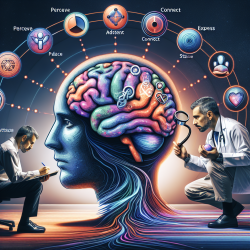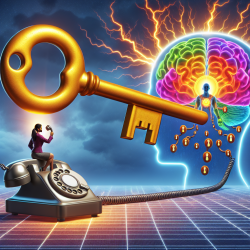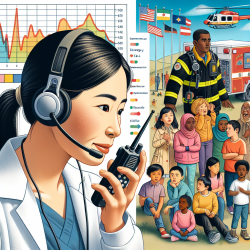The aging population is on the rise globally, and with it comes an increase in older adults experiencing mental health conditions such as dementia, depression, and anxiety. These conditions are often complicated by physical and psychosocial comorbidities. In this context, dignity becomes a crucial component of mental health care, yet it is frequently overlooked.
Understanding Dignity: A Multi-Dimensional Concept
Dignity encompasses independence, social inclusion, justice, equality, respect, and recognition of one's identity. It influences life satisfaction and treatment response. Despite its importance, dignity-based mental healthcare is often seen as abstract and hypothetical. However, it should form the ethical basis for enhancing well-being and quality of life in older adults with mental health conditions.
The Impact of Ageism and Elder Abuse
Ageism and elder abuse are significant threats to the dignity of older adults. Ageism manifests as stereotyping and discrimination based on age, which can lead to elder abuse—a prevalent issue in institutional settings. According to WHO data, one in six individuals over 60 has experienced some form of abuse in community settings within the past year.
Promoting Dignity: A Rights-Based Approach
Mental health professionals are uniquely positioned to incorporate strategies that promote dignity in their clinical care. This involves respecting human rights and autonomy while addressing multiple vulnerabilities such as physical frailty, loneliness, and social isolation. A rights-based approach is essential to combat ageism and ensure dignified care.
Dignity Therapy: A Promising Intervention
Dignity Therapy (DT) is a psychotherapeutic intervention that has shown promise in enhancing the dignity of older adults near the end of life. A 2005 Canadian study found that 91% of participants were satisfied with DT, with 75% reporting an enhanced sense of dignity. DT is not only effective but also well-accepted by family members.
The Role of Clinicians: Moving Beyond the Status Quo
Mental health professionals must move beyond traditional symptom-triggered care to adopt a more holistic approach that includes dignity as a core principle. This involves training in empathetic behavior and understanding the social determinants of health that influence psychological well-being.
A Call to Action for Practitioners
Clinicians are encouraged to integrate dignity into their practice by fostering independence, ensuring privacy, and promoting social recognition as individuals rather than mere subjects of care. Collaborative care models that include family networks can significantly enhance the quality of life for older adults.
Dignity of Older Persons With Mental Health Conditions: Why Should Clinicians Care?










